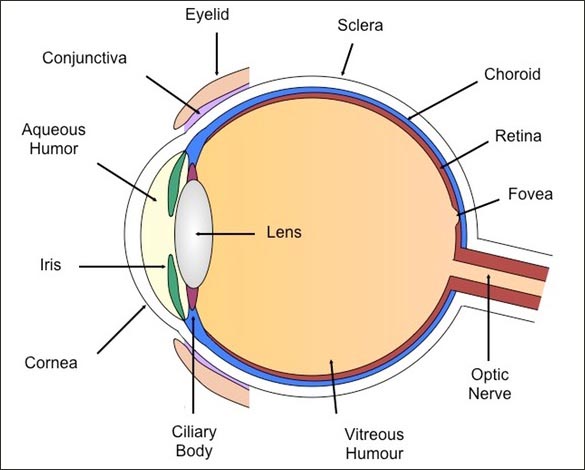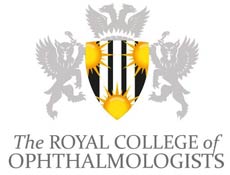
A cataract is a cloudy or opaque lens in your eye.
The lens is located just behind the iris (the coloured part of your eye). It helps to focus light entering the eye on to the retina (the light sensitive layer at the back of the eye).
A normal lens is transparent however if it becomes cloudy, the passage of light through the lens is obstructed. This impairs vision.
Causes
Most cataracts develop with age, usually after the age of 65 years although they may develop sooner in younger patients who have diabetes or inflammation in the eye, after injury to the eye or as a result of certain medications such as steroids. Very rarely some types of cataract may be present at birth.
Symptoms of cataracts
Symptoms of cataracts include: a gradual reduction in vision, blurred and misty vision, glare (that is being dazzled by bright sunlight or car headlights at night). A cataract does not typically cause pain or redness or the eyes. A cataract may be present in one or both eyes.
Diagnosis
Your optometrist (optician) or ophthalmologist (eye doctor) will see the cataract when they examine your eyes.
Treatment
Cataracts are treated with surgery. This involves removing the cataract (cloudy lens) and replacing it with a new clear lens (intraocular lens implant, known as an IOL).
Benefits of cataract surgery
Cataract surgery can improve your vision and resolve the symptoms of cataract detailed above. At least 95 out of every hundred people (95%) who have cataract surgery have an improvement in vision. Those who don’t usually have another underlying reason for reduced vision such as age related macular degeneration.
Risks of cataract surgery
Whilst 95 out of every hundred people (95%) are happy after their cataract surgery, about 5 (5%) people may need post-operative drops for a little bit longer, or another procedure. There is a risk that technical problems may mean that the intraocular lens is not put in at the time of surgery and a second operation may then be needed. This occurs in about 1 out of every 100 patients. Part of the cataract could fall backwards onto the surface of the retina during the operation. This would require a second operation to remove it. This occurs in about 1 in 300 patients. There is a 1 in 1000 chance of loss of eyesight after cataract surgery. This would usually be due to a severe eye infection, which needs special treatment. Other less severe risks include problems related to local anaesthetic such as bruising around the eye or a blood shot eye (subconjunctival haemorrhage) or temporary double vision. These are expected to settle and no additional treatment is usually needed.
Risks of not having cataract surgery
If you do not have cataract surgery, the cataract will gradually get cloudier and your vision will gradually worsen. However this may take several years in some patients. It is safe to leave the cataract alone if it is not causing you any problems. Cataract surgery is recommended when your cataract is affecting your day-to-day activities and your vision is stopping or impeding the things that you like to do, for example, if you are a driver and your vision is below the legal requirement for driving. You only need cataract surgery if you are having problems with your vision and you want to proceed with surgery.
Download the patient information leaflet with additional information








